Stora Enso Chemical Recycling WTO Rules Plastic waste 28-12-2021 - Arhive
Stora Enso Chemical Recycling WTO Rules Plastic waste
-Stora Enso launches UltraThinPE for food service brands
The company aims to promote single-use paper cups
Stora Enso lUltraThinPE Tec is a new innovation from Stora Enso that significantly reduces the share of plastic coating in the foodservice Board (FSB) and applications such as single-use paper cups. With the help of UltraThinPE Tec, Stora Enso has developed the thinnest polymer coating for FSB products on the market. This achievement allows for paper cup designs with less than 5% plastic – an important step in helping packaging converters, brand-owners, and retailers meet their plastics reduction targets. The technology is presently used to produce UltraThinPE coatings for Stora Enso’s Cupforma product range for paper cups.
Paperboard material used for producing paper cups requires a barrier, commonly made from plastic, that offers both protection against liquid and functionality in converting. UltraThinPE Tec greatly improves the sustainability of paper cups by yielding the lowest plastic coating weight available on the market and reducing the overall carbon footprint of the finished product.
Stora Enso’s UltraThinPE Tec coatings are recyclable
UltraThinPE Tec reduces plastic coating weight by up to 40% when compared to Cupforma Natura products with 15 gram square meter PE (polyethylene) or renewable PE Green coatings (bio-based polyethylene), therefore enabling a share of greater than 95% paperboard. Achieving a plastic share of less than 5% helps brand-owners meet the composite threshold for packaging in some European countries. As a result, UltraThinPE Tec coatings can significantly reduce extended producer responsibility (EPR) fees by 75% in countries such as Germany.
FSB products with UltraThinPE Tec coatings can be recycled with paper or board depending on local regulations, collection, and sorting infrastructure. As one-sided, minimal-plastic coatings, they can also ease FSB recycling in standard recycling mills when combined with other paper and board packaging.
“By knowing the intended end-use of the product, like paper cups that will hold liquid for a short time, we can design coatings that use the absolute minimum material necessary. We do this by testing and verifying the exact amount needed for the end-user. Stora Enso Chemical Recycling WTO Rules Plastic waste
UltraThinPE Tec enables brand-owners to meet their sustainability targets further, especially concerning plastics reduction, while maintaining the highest product hygiene and safety standards as in the case of paper cups,” said Tuomas Puonti, vice-president, head of Business Line LPB Fresh & FSB.
As you join us today from India and elsewhere, we have a favour to ask. Through these times of ambiguity and challenge, the packaging industry in India and in most parts of the world has been fortunate. We are now read in more than 90 countries as our coverage widens and increases in impact. Our traffic as per analytics more than doubled in 2020 and many readers chose to support us financially even when advertising fell to pieces.aunching its new innovation, UltraThinPE Tec, to reduce the use of the plastic coating in foodservice
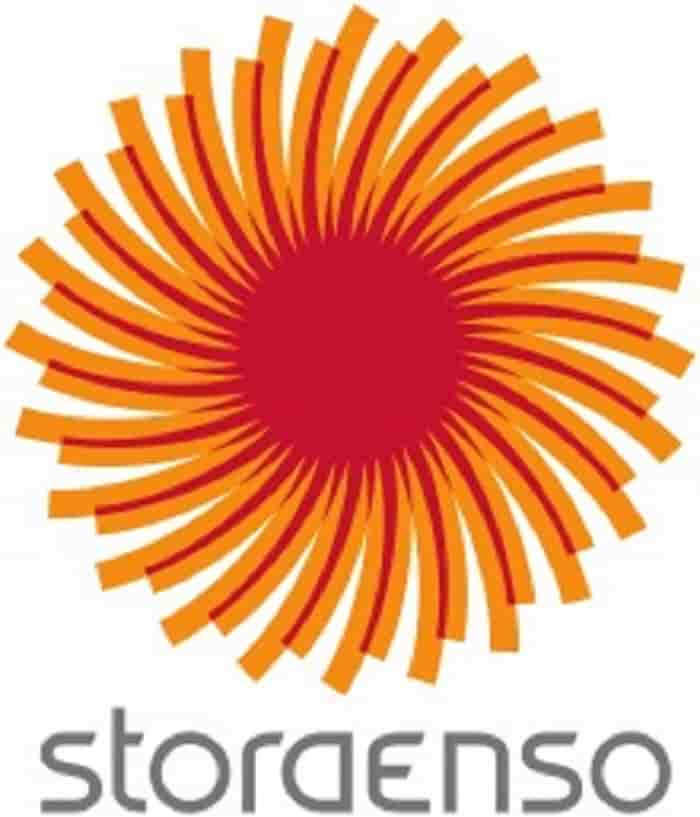
-Croda sells most of PTIC to Cargill
Croda has agreed to sell most of its Performance Technologies & Industrial Chemicals (PTIC) business to Cargill Velocity Holdings, a wholly owned subsidiary of Cargill in a €915 million deal should close in the summer of 2022, subject to regulatory approvals and consultation with employee representatives. The company had stated its intention to reviewing ownership options for PTIC in May 2021.
Cargill said that this would “dramatically expand” its bioindustrial footprint, a priority exemplified by the recent expansions of its QORE and NatureWorks joint ventures and the acquisitions of Floratech and Arkema’s epoxides business. “Aligning with Cargill’s commitment to sustainability, more than two-thirds of the raw materials used to manufacture these solutions are bio-based and renewable,” the company added. Stora Enso Chemical Recycling WTO Rules Plastic waste
The sale will bring Cargill nearly 1,000 employees and five production facilities at Gouda, Netherlands, Hull, UK and the Croda Sipo JV in China, in which Croda has a 65% stake. These mainly go into the circular plastic economy, electric vehicles and other renewable technologies.
The transaction also brings laboratory facilities supporting activities in smart materials, energy technologies, and industrial chemicals. If the full sale of the JV cannot be realised, Croda added, Sipo will be excluded and the value of the sale will fall by €140 million. Together, the divested activities accounted for 77% of PTIC’s revenues of £470 million in 2020.

-Bangladesh surpasses China, Vietnam and Indonesia in export growth rate
Staff Correspondent (RMG Times) The growth rate of RMG exports of Bangladesh to United States of America has surpassed that of China, Vietnam and Indonesia in the first 10 months of 2021. Stora Enso Chemical Recycling WTO Rules Plastic waste
According to US Department of Commerce, Bangladesh’s export earnings from the US increased by 27 percent during Jan-Oct period compared to last year’s corresponding period while the China’s export growth was 25 percent, Vietnam’s 14 percent and Indonesia’s 10 percent.
In fact, the Office of Textiles and Apparel (OTEXA) of the Department of Commerce shows Bangladesh, the third largest exporter of garments to the United States, earned 5.7 billion dollars from apparel export to the US market in the Jan-Oct period.
According to textile industry insiders, the Covid-19 pandemic led to a sharp decline in China’s production of readymade garments. Besides, the production has also been disrupted in Vietnam and Indonesia. As a result, garment manufacturers in Bangladesh have received additional work orders.
BGMEA First Vice-President Syed Nazrul Islam said, “After struggling for a long time since the pandemic began, the readymade garment sector started to recover. We were getting good response from buyers. However, Omicron, the new variant of Covid-19, has posed a new threat to the sector.”
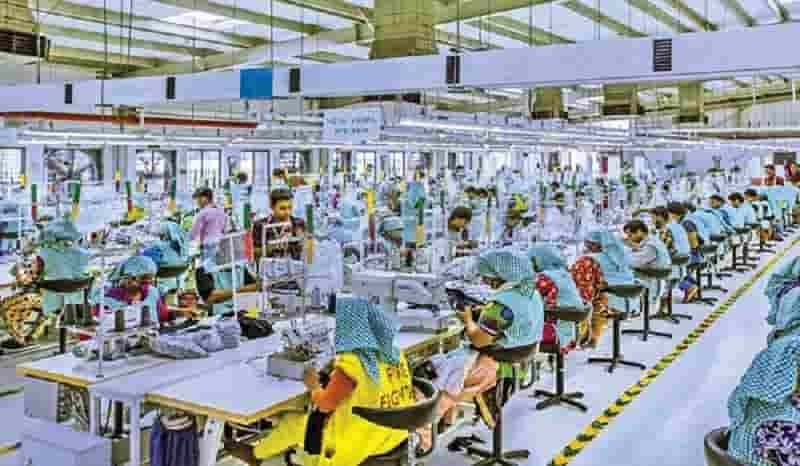
-“Chemical Recycling” — A Summer of Disillusionment
What is “chemical recycling”?
As a public health student, I have been disappointed with the concept of plastic “chemical recycling” (also called advanced recycling, chemical conversion, molecular conversion, or conversion technologies). At first I was excited to hear about a possible solution to the plastic waste crisis in the form of this seemingly miraculous technique that could give new life to difficult-to-recycle plastics and at the same time contribute to a circular economy. It all sounded too good to be true, and after a few weeks of research, I discovered that it was.
I learned that the most important form of “chemical recycling” that takes place in the United States is not recycling at all. Actual recycling recycles materials after use and returns them to the manufacturing cycle, where they are used to manufacture new products, giving these materials a new life as part of a circular economy. Processes like “chemical recycling” typically use plastic materials to generate a limited amount of energy in a one-time process that destroys them instead of giving them another material use. Pyrolysis and gasification of plastics are two processes that illustrate the fallacy of the term “chemical recycling” because instead of recycling plastic waste back into plastic products, these technologies turn plastic into fuel that will be burned, releasing greenhouse gases and toxic pollutants. The EPA is currently considering rules on pyrolysis and gasification units under the Clean Air Act, which according to my research are badly needed.
Other forms of “chemical recycling” include solvent-based processes and chemical depolymerization. While some of these processes can result in the actual recycling of materials (plastic back to plastic), these processes are far less common than the practice of using plastic as a fuel. Solvent-based processes and depolymerization are not free from their own dangers. These processes try to separate the main plastic components from pollutants and additives. This is necessary because plastic contains a mixture of chemical additives that improve the material properties of the plastic, including texture, UV resistance, longevity and many others. Recent research has discovered thousands of novel chemical additives in plastics, many of which are classified as worrying substances.
Toxic emissions from “chemical recycling” of plastics
Given the number of chemicals of concern in plastic products, I suppose I should not have been surprised to find that “chemical recycling plants” emit toxic chemicals and dangerous air pollutants. The sources of these emissions are unknown, but may be from chemicals in plastics, chemical processing aids, chemicals produced during processing and / or combinations of all of these. I found permits for existing “chemical recycling plants” in the United States along with facility-specific data from the EPA that paint a very different picture than the industry’s claims of “few toxic emissions.” In fact, “chemical recycling facilities” are authorized to release or have registered the release of a mixture of highly toxic chemicals, including benzene, toluene, ethylbenzene, xylenes, dioxins and more. These data were of concern to me due to the association of the chemicals with cancer, nervous system damage, effects on reproduction and development, among other dangerous properties (Table). Knowing this worries me about the communities adjacent to “chemical recycling” facilities. Stora Enso Chemical Recycling WTO Rules Plastic waste
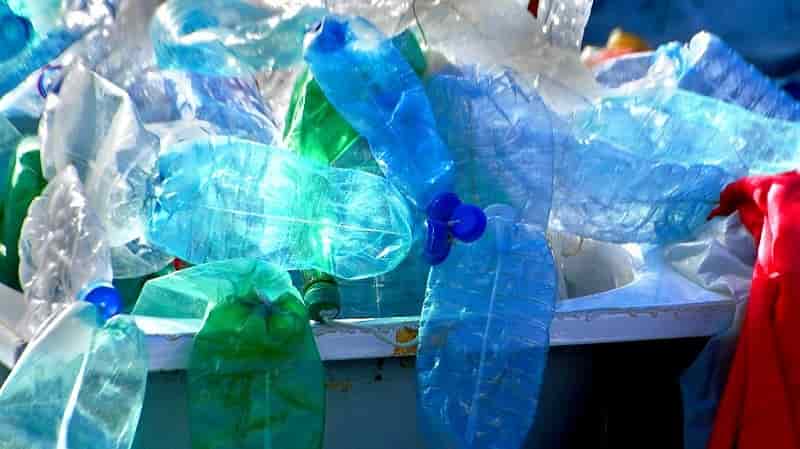
-EU Seeking Compensation From Russia Over Alleged Multi-Billion-Euro Violations of WTO Rules
Moscow began rolling out a comprehensive import substitution programme in 2014, after Western nations slapped sanctions on Russia and restricted the sale of certain high tech goods and industrial equipment to Russian companies over the crisis in Ukraine. Stora Enso Chemical Recycling WTO Rules Plastic waste
The World Trade Organization has agreed to review a European Union dispute complaint against Russia accusing Moscow of “illegally discriminating” against hundreds of billions of euros in European goods. The global trade watchdog has established a dispute panel to discuss the claims.
Brussels wants the panel to investigate and rule on the Russian state’s import substitution programmes and efforts to replace imported goods and services with Russian analogues, claiming such measures are a violation of commitments Russia made when it joined the WTO in 2012.
The EU accuses Russia of using methods which “seriously disadvantage EU companies when selling goods and services to Russian state-related enterprises and other entities through commercial procurement,” and estimates that in 2019 alone, the value of tenders by Russian state-controlled enterprises amounted to 23.5 trillion rubles, equivalent to about €290 billion, or 20 percent of Russia’s GDP.
The EU claims Russian companies submit bids 15-30 percent below their actual cost, and complains about the need to obtain special permits to purchase engineering equipment abroad, while such paperwork is said not to be required when buying their Russian-made substitutes. Brussels also disagrees with a directive under which 90% of goods purchased by the state, including vehicles, equipment, medical devices and textiles must be Russian-made.
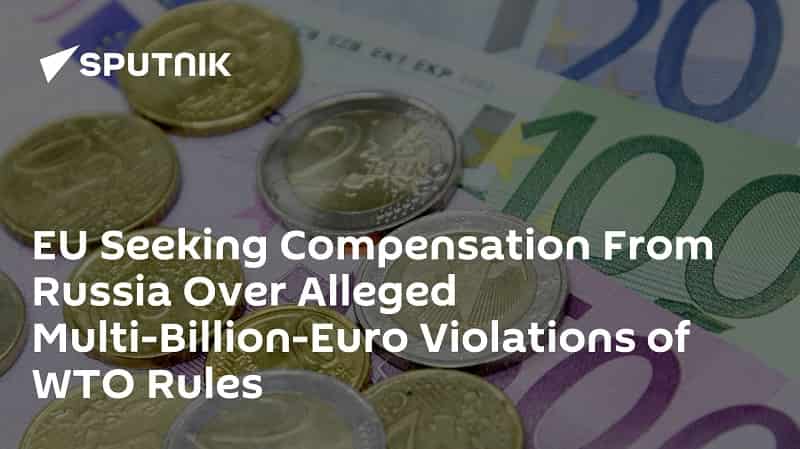
-Latin America urges US to reduce plastic waste exports to region
Study finds exports to region doubled in 2020 with practice predicted to grow as US invests in recycling plants Stora Enso Chemical Recycling WTO Rules Plastic waste
Environmental organisations across Latin America have called on the US to reduce plastic waste exports to the region, after a report found the US had doubled exports to some countries in the region during the first seven months of 2020.
The US is the world’s largest plastic waste exporter, although it has dramatically reduced the overall amount it exports since 2015, when China – previously the top importer – said it “no longer wanted to be the world’s rubbish dump” and began imposing restrictions. Elsewhere around the world imports are rising, and not least in Latin America, with its cheap labour and close proximity to the US.
More than 75% of imports to the region arrive in Mexico, which received more than 32,650 tons (29,620 metric tonnes) of plastic waste from the US between January and August 2020. El Salvador was second, with 4,054 tons, and Ecuador third, with 3,665 tons, according to research carried out by the Last Beach Cleanup, an environmental advocacy group based in California.
While hazardous waste imports are subject to tariffs and restrictions, they are seldom enforced and plastic waste intended for recycling – which until January this year was not considered hazardous under international law – that enters importing countries can often end up as landfill, according to a researchers with the Global Alliance for Incinerator Alternatives (Gaia).
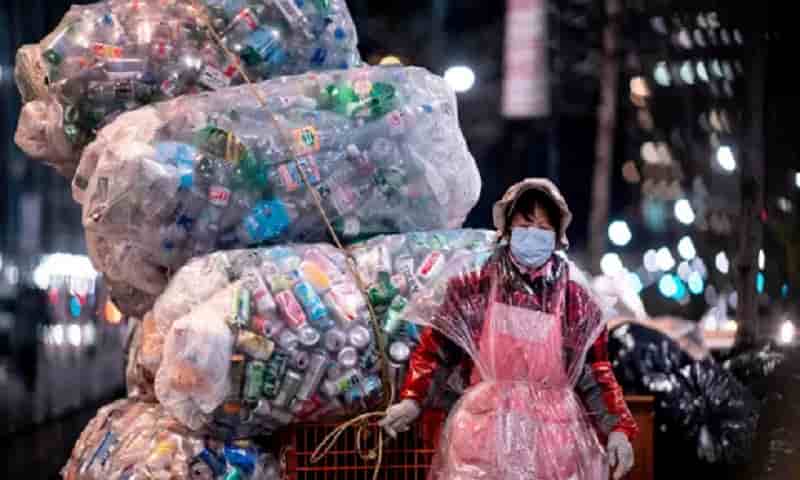
Stora Enso Chemical Recycling WTO Rules Plastic waste
